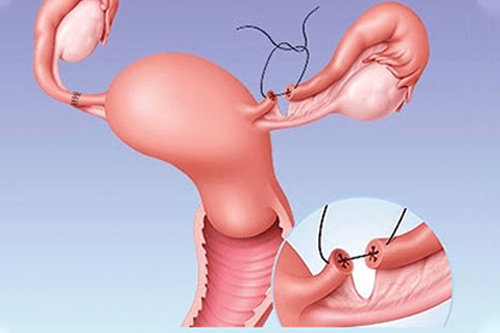
A tubal reversal is a surgical procedure designed to restore fertility by reconnecting the fallopian tubes after a woman has undergone a tubal ligation (commonly referred to as "getting your tubes tied"). Tubal ligation is a permanent form of birth control where the fallopian tubes are cut, tied, or blocked to prevent pregnancy. In a tubal reversal, the surgeon attempts to reopen or reconnect the tubes to allow the possibility of natural conception.
Procedure:
Surgical Method : The procedure is usually performed laparoscopically (through small incisions using a camera and specialized instruments) or via a larger incision (if necessary).
Success Rate : The success of the surgery depends on factors like the woman's age, the method used for the tubal ligation, the length of the remaining fallopian tube, and overall reproductive health.
Success Rate:
Fertility Outcome : Success rates can vary widely. Women under 35 generally have higher success rates than older women. Overall, about 50-80% of women who undergo tubal reversal can conceive within a few years.
Risk of Ectopic Pregnancy : After tubal reversal, there is a higher risk of ectopic pregnancy (where the fertilized egg implants outside the uterus, often in the fallopian tube), especially if the tubes were damaged or significantly shortened.
Considerations Before the Procedure:
Age : Age can play a big role in the chances of success. As women age, their fertility naturally declines, and this can impact the effectiveness of a tubal reversal.
Health : It's important to be in good overall health before undergoing surgery. Conditions like obesity or pelvic inflammatory disease may affect the chances of success.
Costs : Tubal reversal surgery can be expensive, and most insurance plans do not cover it since it's often considered elective rather than medically necessary.
Alternatives:
In Vitro Fertilization (IVF) : For some women, IVF may be an alternative to tubal reversal. IVF bypasses the fallopian tubes altogether, so it might be a good option for women who have significant tube damage or a history of tubal issues.